Optimal Timing for Mole Control
Effective mole control requires understanding seasonal and environmental factors that influence mole activity. Timing strategies can significantly improve the success rate of mole management efforts.
Moles are most active during spring when soil moisture levels are high and insects are abundant, making this an ideal time for control measures.
Activity often increases again in late summer and fall, as moles search for food and prepare for winter, providing another window for effective control.
Moist, loose soil facilitates mole tunneling, making control efforts more effective during periods of consistent soil moisture.
Observing molehills and tunneling patterns helps identify peak activity periods, guiding optimal timing for interventions.
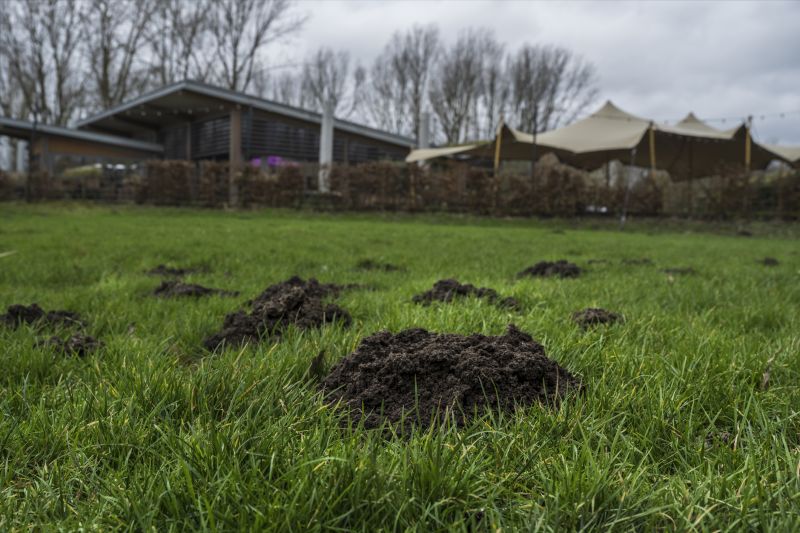
Ways to make Mole Controls work in tight or awkward layouts.
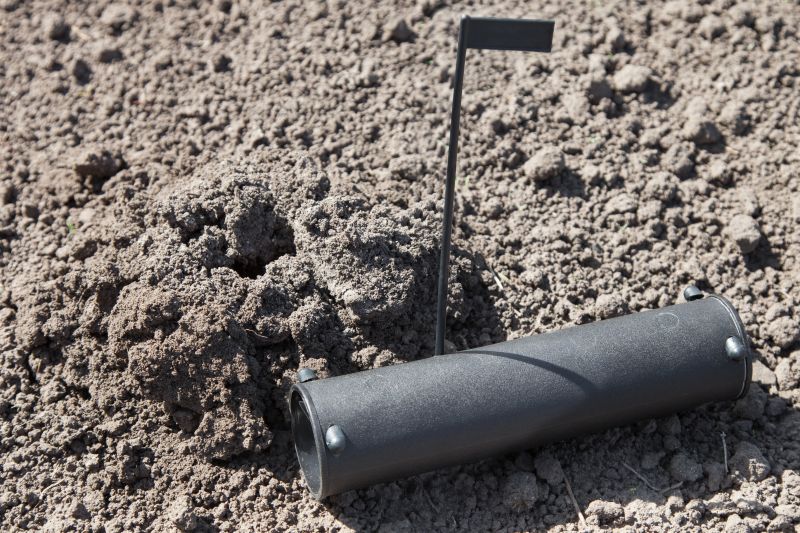
Popular materials for Mole Controls and why they hold up over time.
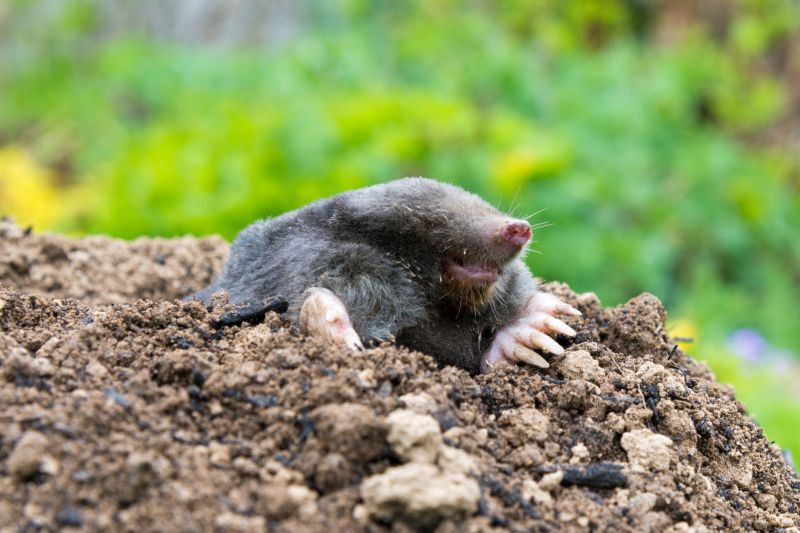
Simple add-ons that improve Mole Controls without blowing the budget.
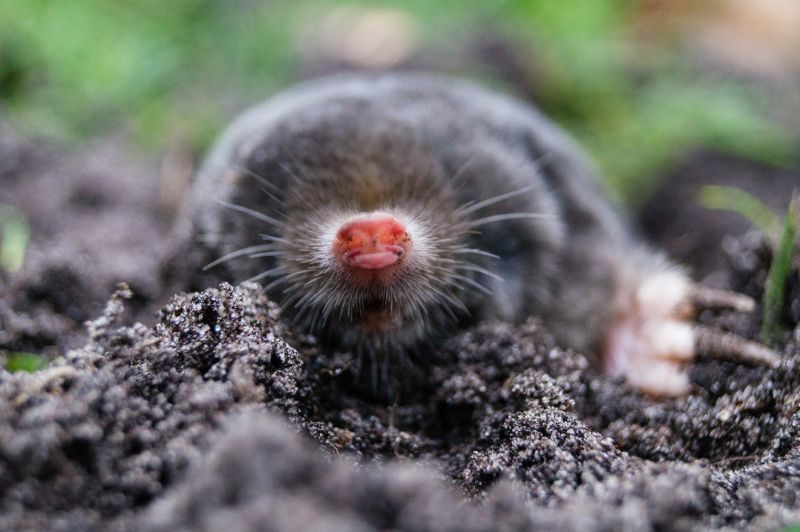
High-end options that actually feel worth it for Mole Controls.

Finishes and colors that play nicely with Mole Controls.

Little measurements that prevent headaches on Mole Controls day.
Moles are subterranean mammals that primarily feed on insects, earthworms, and other invertebrates found in soil. Their tunneling can cause significant damage to lawns, gardens, and sports fields. Understanding their behavior and activity patterns is essential for implementing effective control measures.
Statistics indicate that mole activity correlates strongly with soil moisture levels and food availability. During peak activity periods, moles can create dozens of tunnels and hundreds of mounds, leading to uneven ground and damaged turf. Control methods such as trapping, baiting, and habitat modification are most effective when timed with these activity peaks.
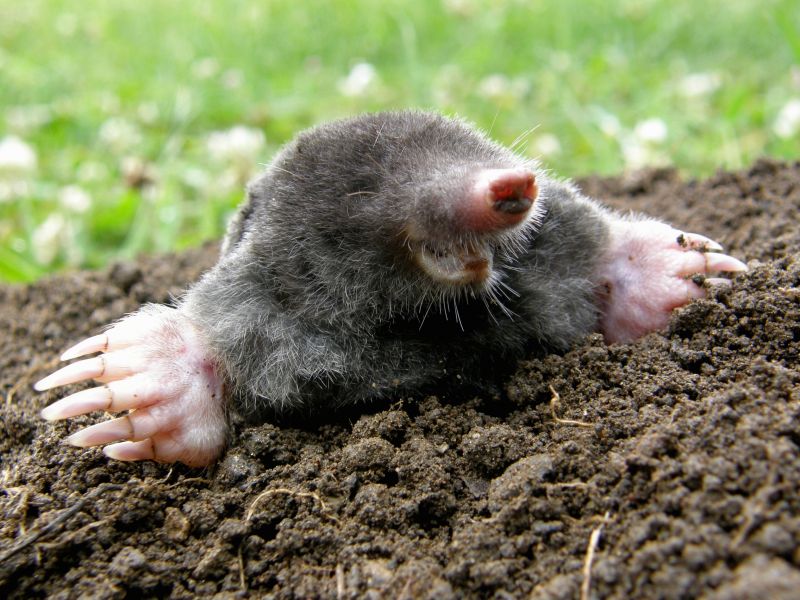
A 60-second routine that keeps Mole Controls looking new.
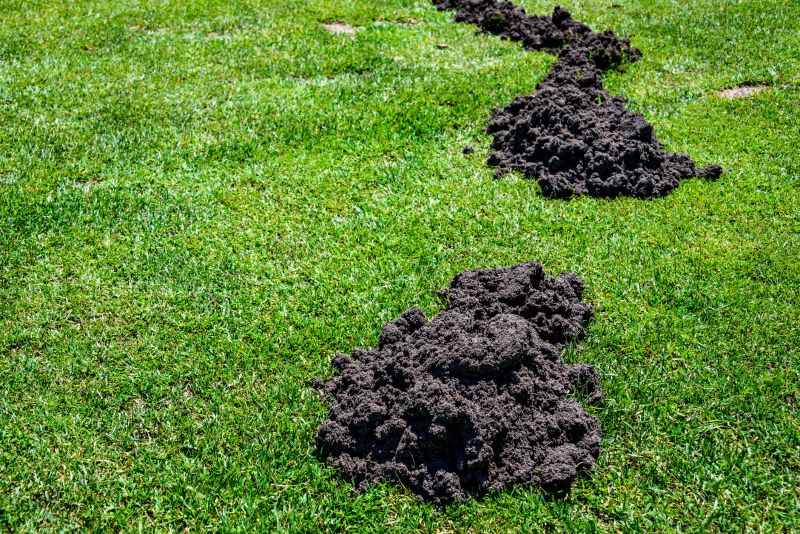
A frequent mistake in Mole Controls and how to dodge it.
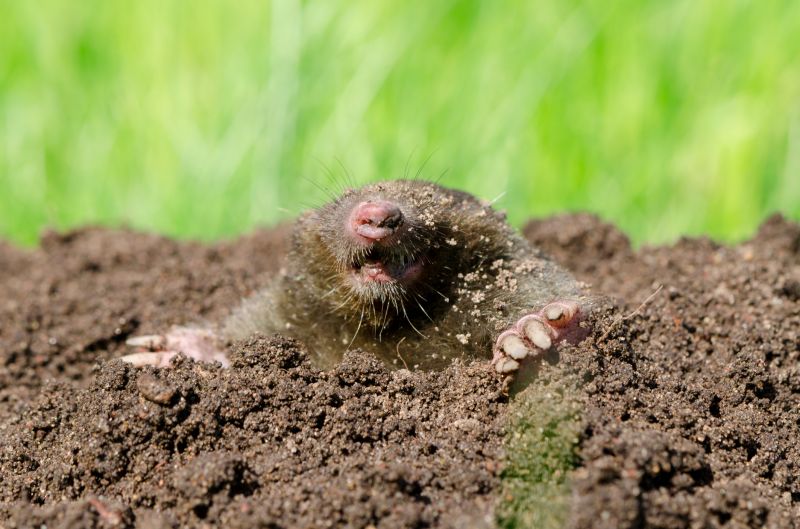
Small tweaks to make Mole Controls safer and easier to use.
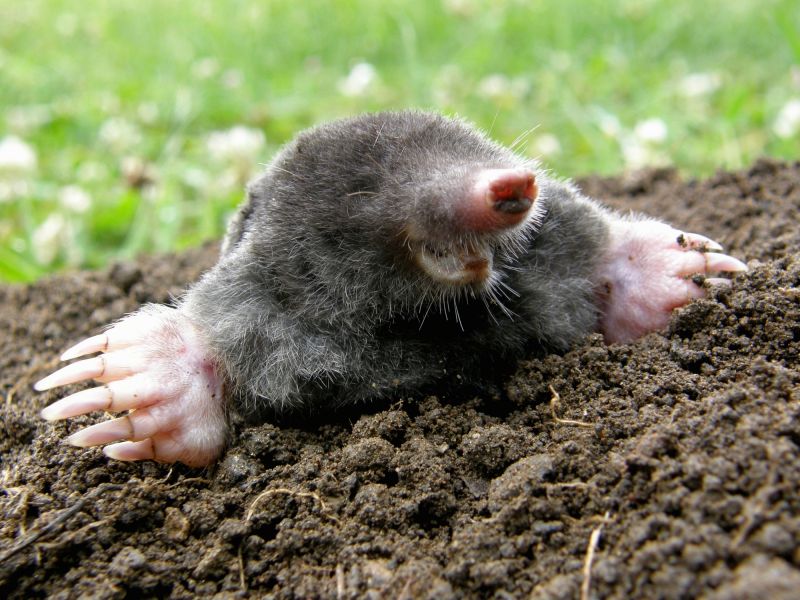
Lower-waste or water-saving choices for Mole Controls.
| Timing Factor | Impact on Mole Control |
|---|---|
| Seasonal Activity | Peak activity in spring and fall enhances control success. |
| Soil Moisture | Moist soil facilitates tunneling, increasing control opportunities. |
| Food Availability | Abundant food sources attract moles, making control more urgent. |
| Weather Conditions | Rainy periods increase tunneling, while dry spells reduce activity. |
| Signs of Activity | Presence of molehills indicates active periods for intervention. |
Timing mole control efforts to coincide with periods of high activity improves effectiveness and reduces the number of treatments needed. Regular monitoring of signs like molehills and tunneling patterns can help identify optimal times for action.
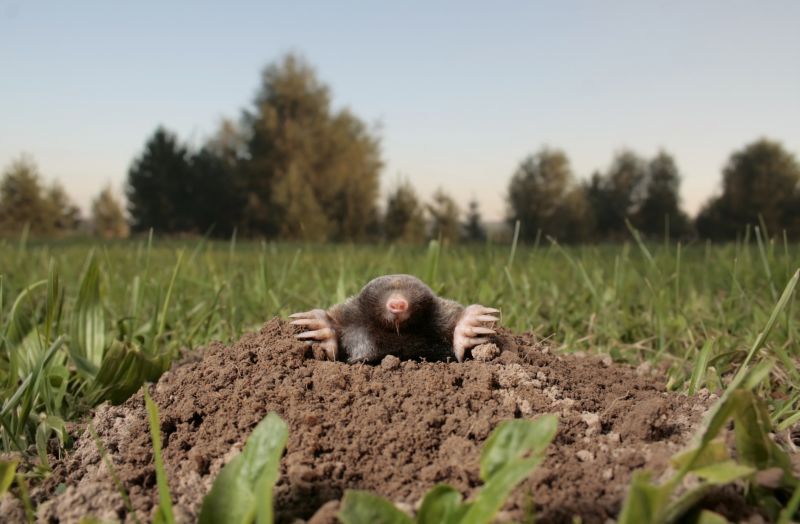
The short, realistic tool list for quality Mole Controls.
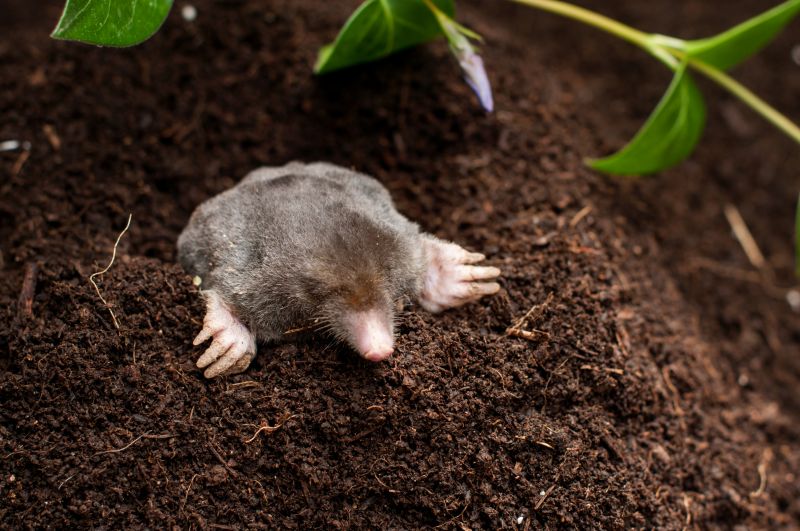
Rough timing from prep to clean-up for Mole Controls.

Quick checks and paperwork to keep after Mole Controls.
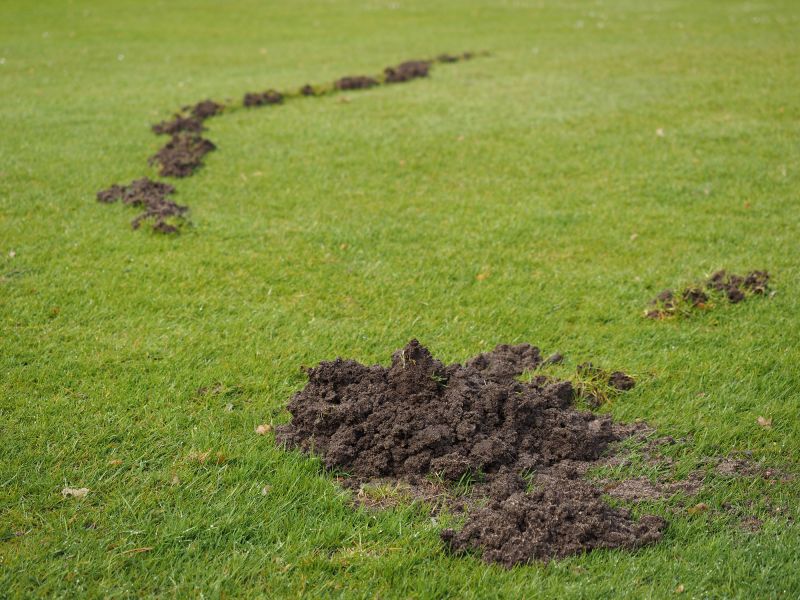
Examples that show the impact a good Mole Controls can make.
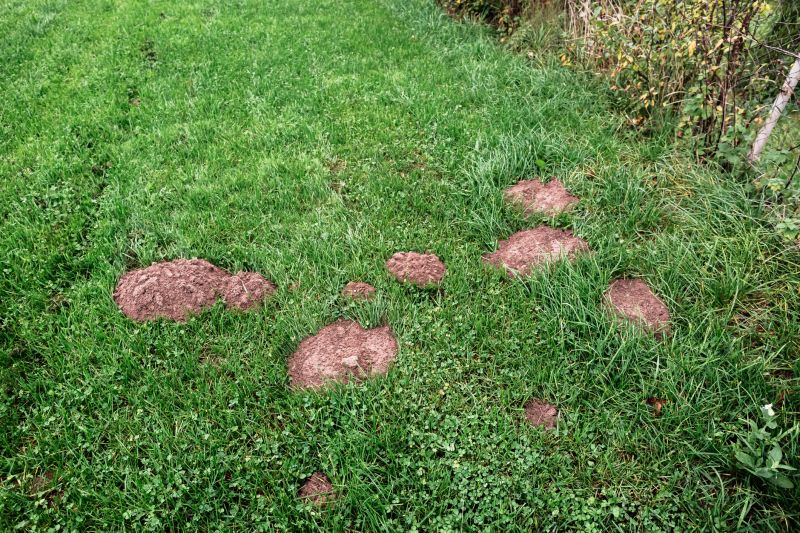
Ways to make Mole Controls work in tight or awkward layouts.

Ways to make Mole Controls work in tight or awkward layouts.
Interested in effective mole control solutions? Filling out the contact form can connect with professionals to develop a tailored management plan aligned with peak activity periods for best results.
